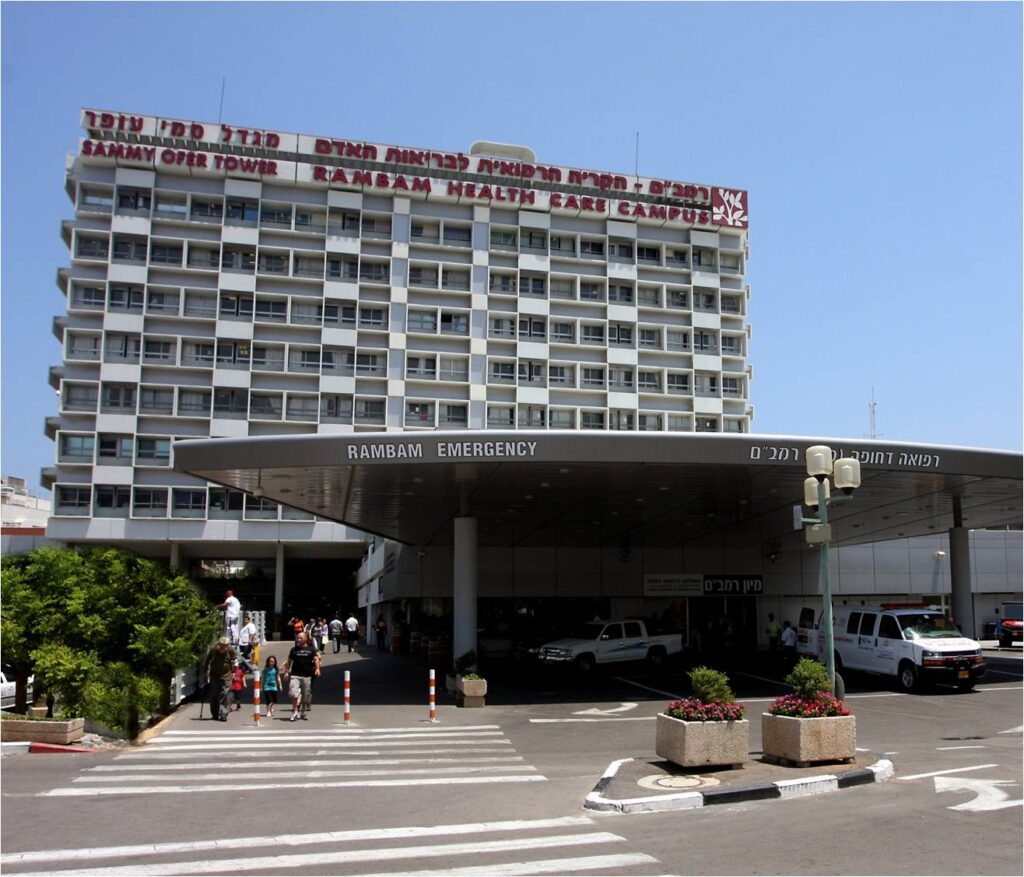On April 10, 2005, forty-nine participants, including thirty-seven physicians, from eleven countries gather in Haifa for a five day conference on medical preparedness for mass casualty situations. The conference, which is NATO’s first ever event held in Israel, is part of the organization’s “Service of Defense” program. The participants are from Belgium, Czech Republic, Finland, Germany, Israel, Italy, Jordan, Portugal, Turkey, United Kingdom and the United States.
NATO, the North Atlantic Treaty Organization is founded in April 1949 as a transatlantic security agreement designed to prevent Soviet expansion and aggression. The original treaty includes twelve nations and creates a structure for unified military command following the outbreak of the Korean War in 1950. The fall of the Soviet Union leads to many former Warsaw Pact nations joining NATO in the 1990s and 2000s.
While Israel is not one of the 28 member countries belonging to NATO, it is considered by many observers as a de-facto member because of its close ties to key NATO countries including the United States and Germany.
The 2005 workshop in Haifa is a result of recent mass casualty events including the 2001 September 11th attacks in the United States and the 2004 Madrid train bombings. The workshop focuses on preparedness, establishing a chain of command and creating protocols and guidelines. An emphasis is placed on the importance of regular drills for hospitals and communities, especially in the integration and cooperation among different emergency services. The recommendations of the workshop were published in a book titled Guidelines for Preparedness for Mass Casualty Situations.
The photo shows the emergency room entrance to the Rambam Health Care Campus in Haifa. The hospital’s Teaching Center for Trauma, Emergency, and Mass Casualty Situations was an organizer of the 2005 NATO conference. Photo source: Rambam Health Center









